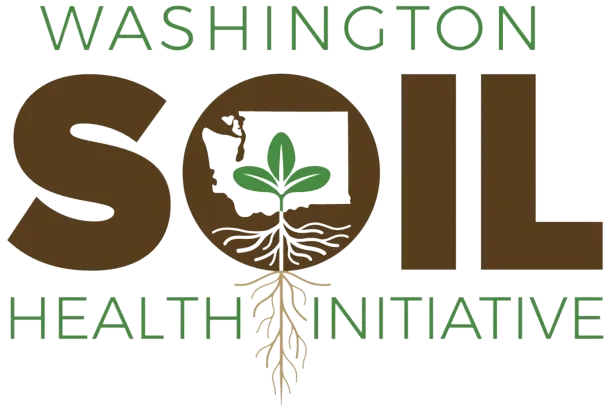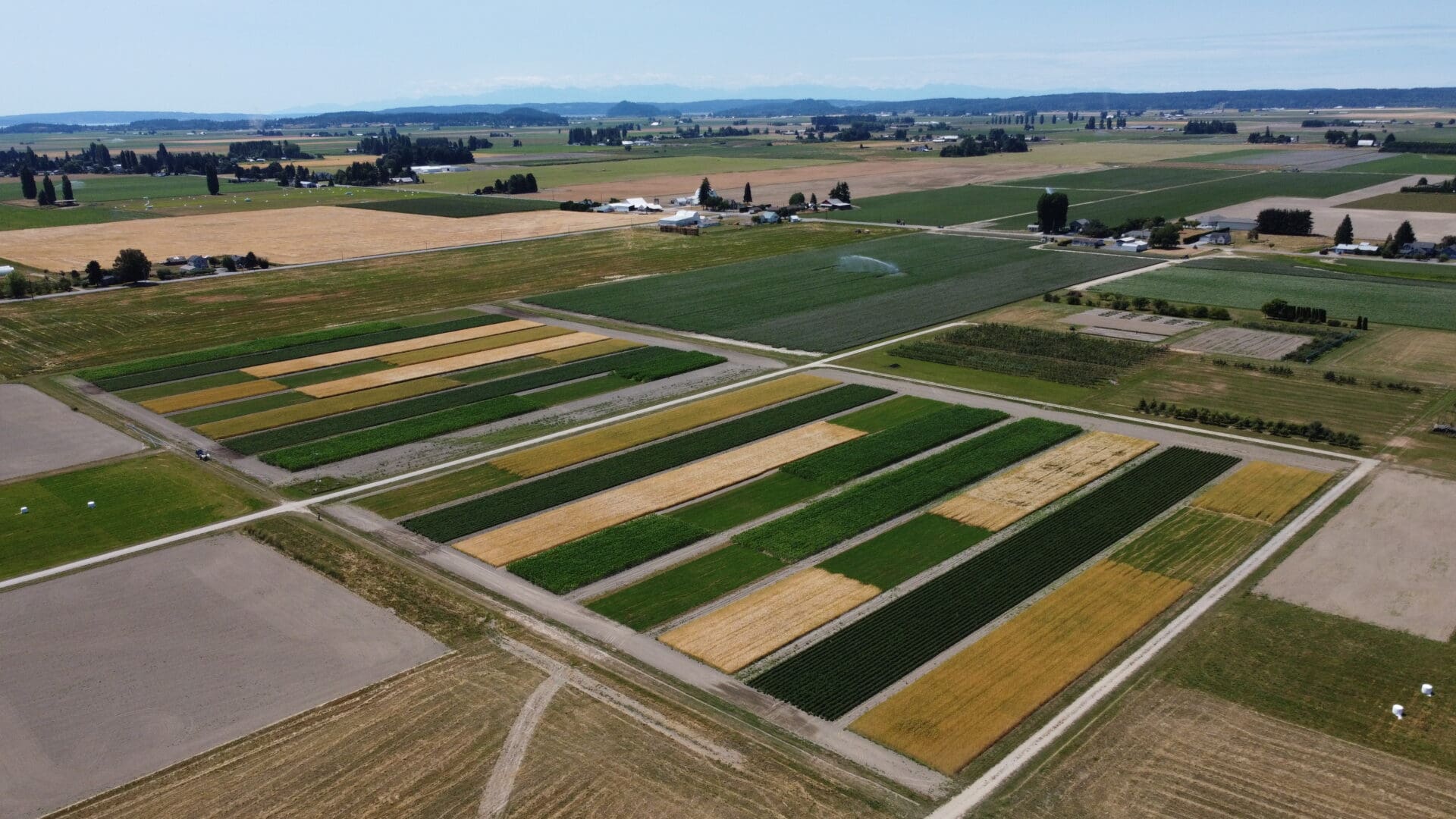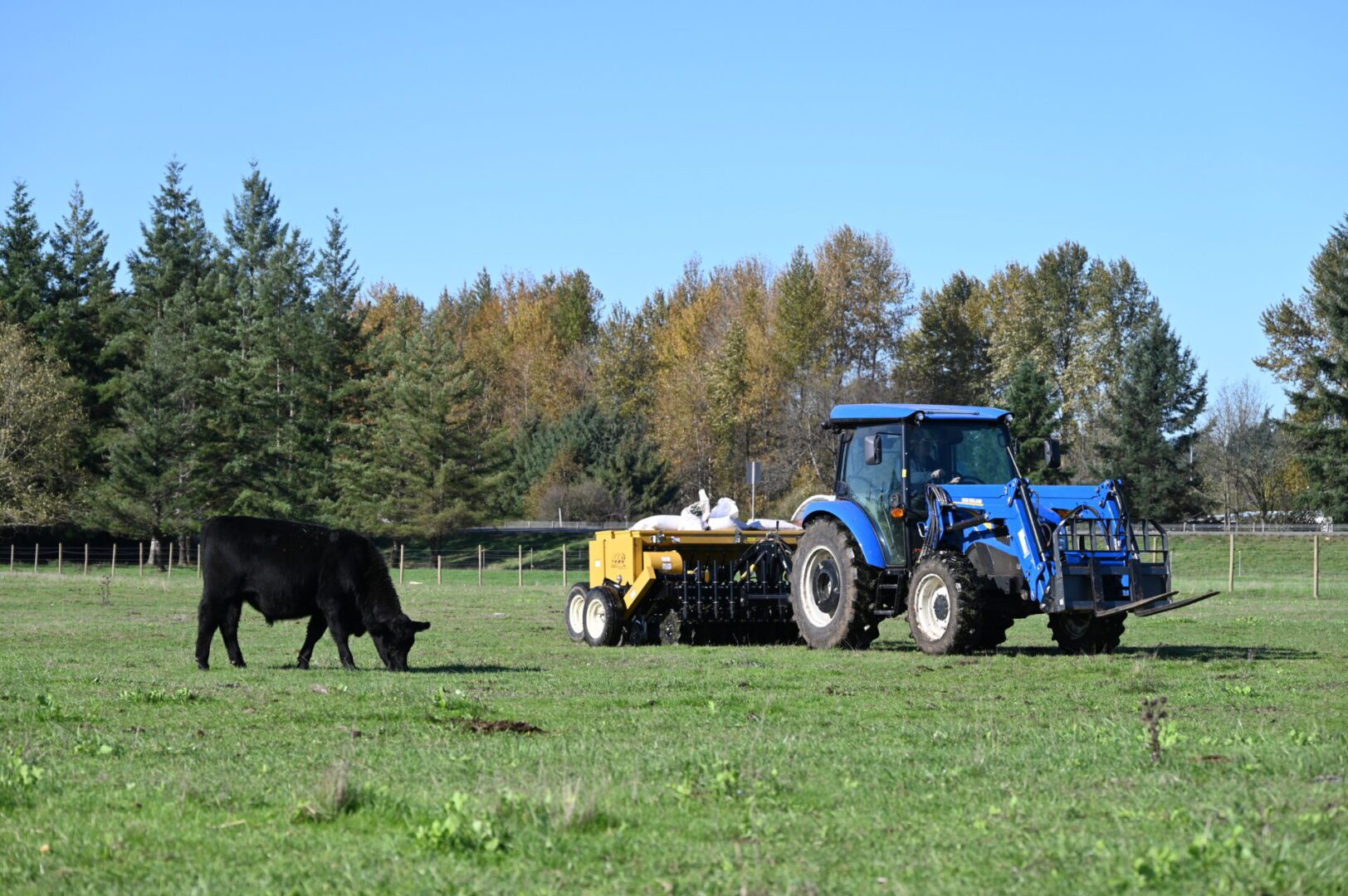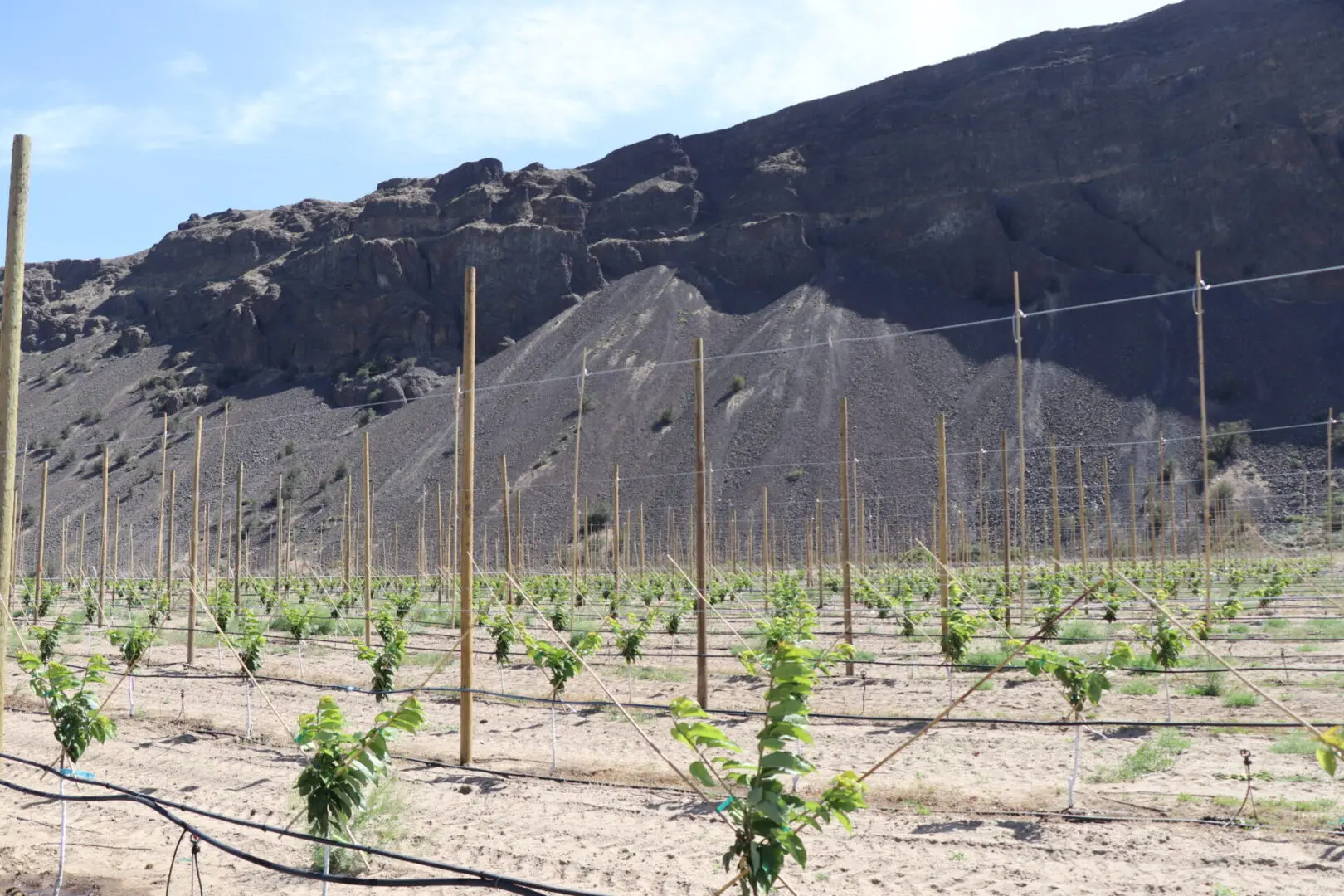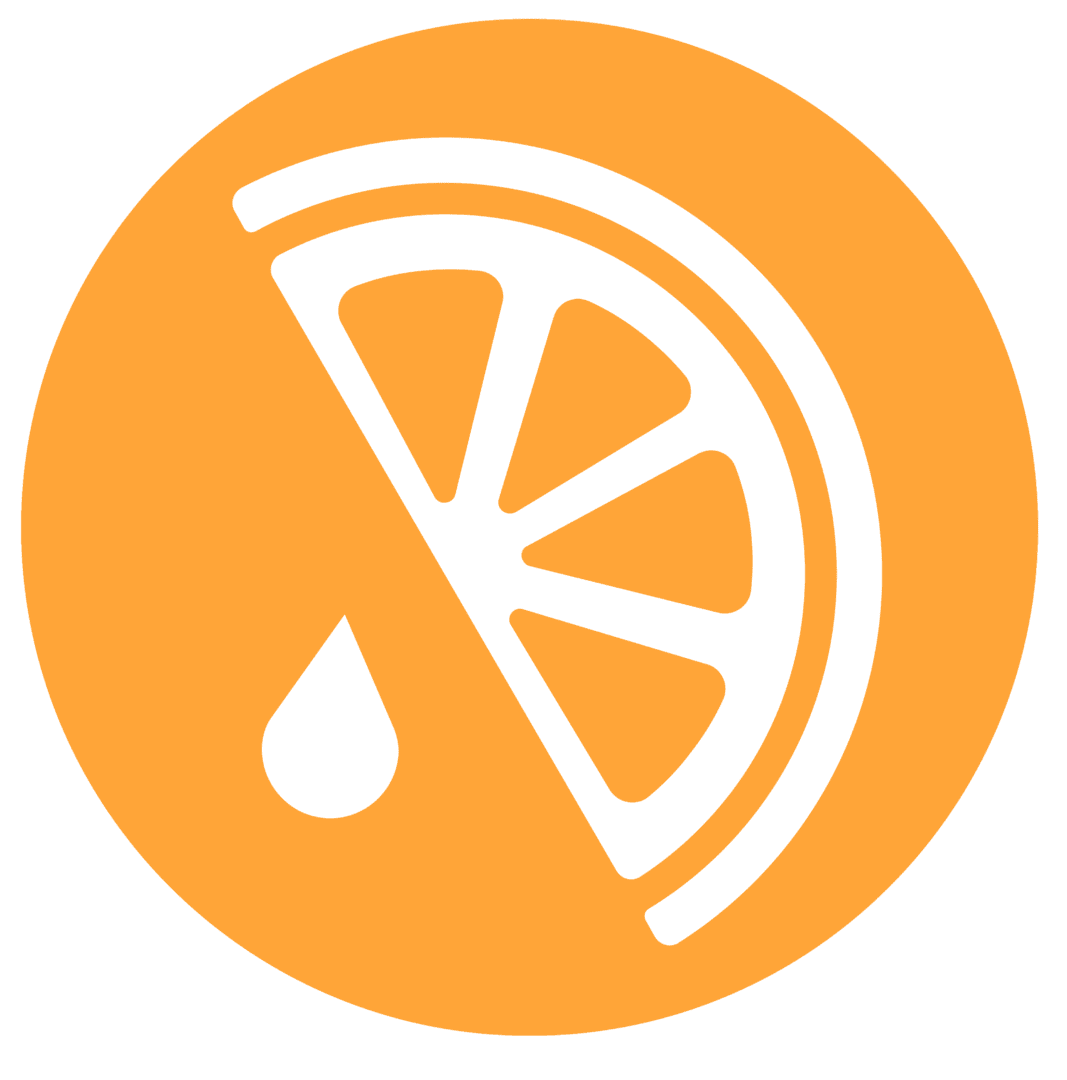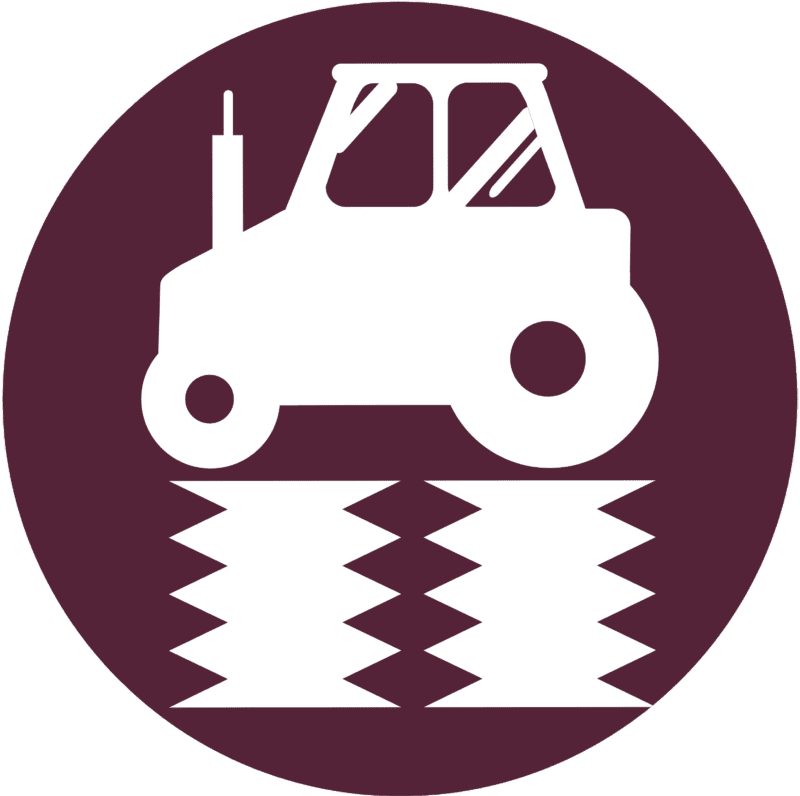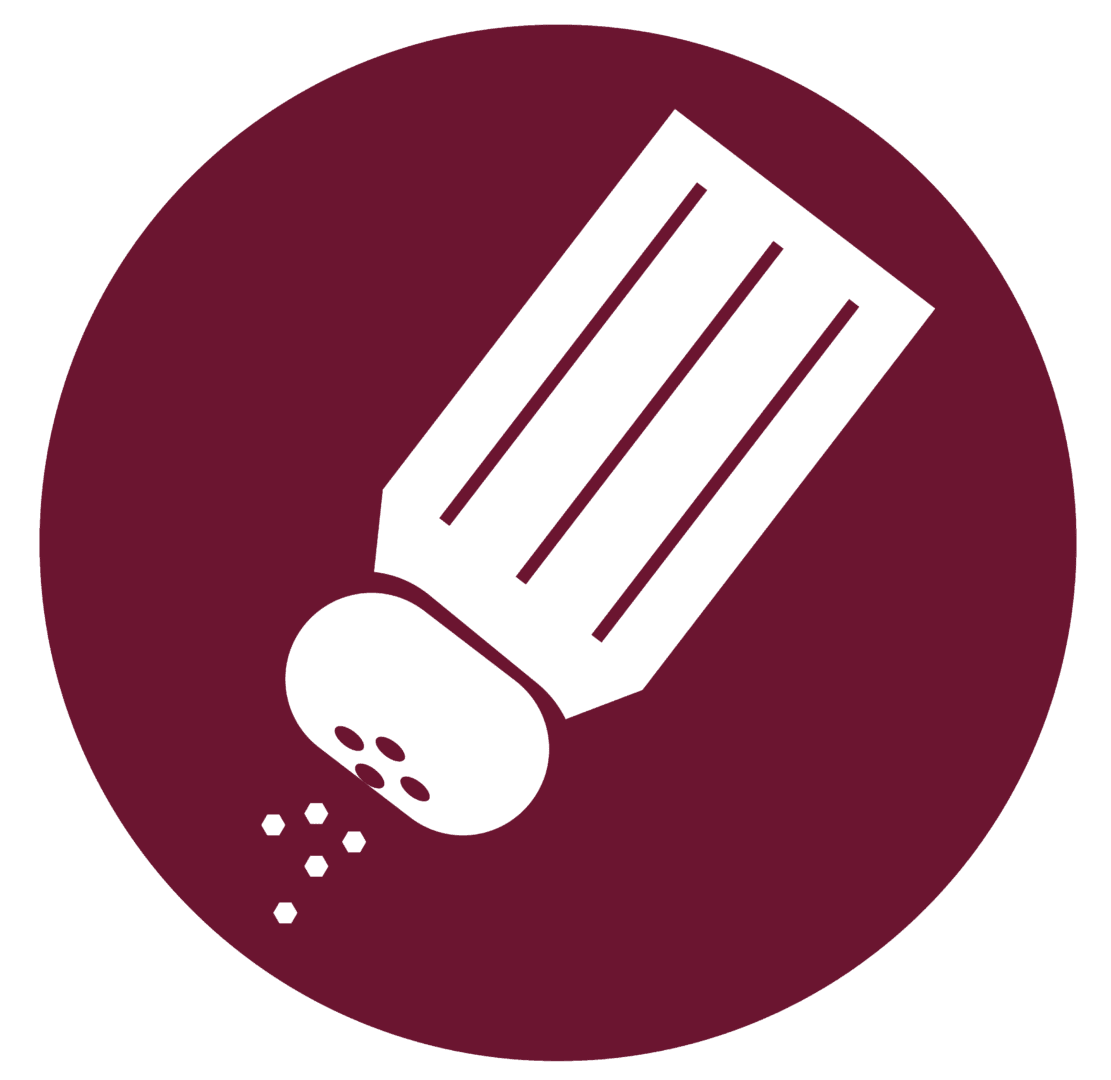Diverse Solutions for Washington’s Diverse Soils
The Washington Soil Health Initiative, or WaSHI, is a partnership among the Washington State Conservation Commission, the Washington State Department of Agriculture, and Washington State University, working together to establish a coordinated approach to healthy soil in Washington. Through science-based technical assistance, policy support, research, outreach, education, and funding opportunities, WaSHI offers a win-win-win opportunity for farmers, the environment, and the people of Washington.
What does WaSHI do?
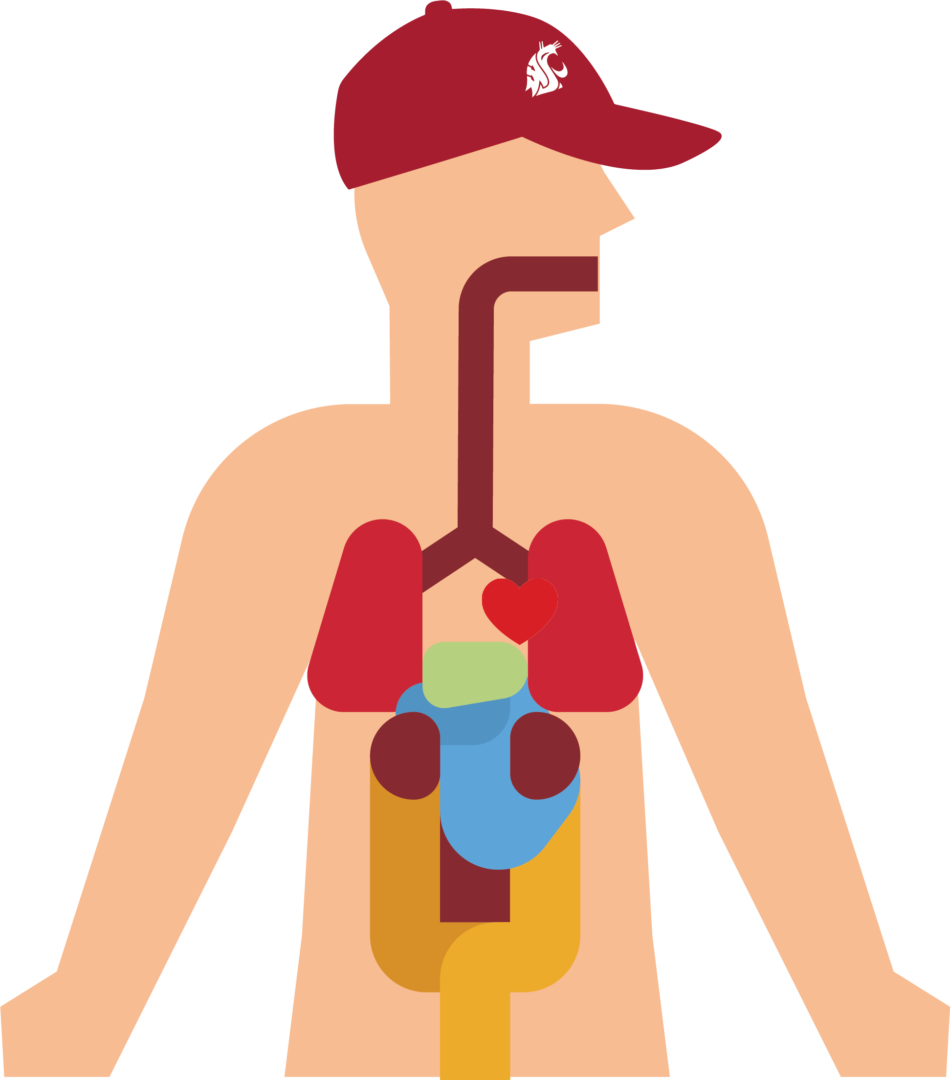
What is Soil Health?
Much like human health, soil health is a complex and dynamic system that cannot be reduced to a single definition. Just as what constitutes good health varies from person to person based on their unique needs and environment, what makes soil healthy also depends on the specific crop and region.
But generally, we look at soil health through a lens of how well a soil can support plants, animals, and humans.
Imagine the soil as the body’s vital organs—each performing essential functions to keep the entire system alive and thriving. Just as our heart pumps blood and our lungs process oxygen, healthy soils carry out crucial tasks that promote a sustainable environment and a resilient food system.
Key Soil Health Challenges in Washington
Ask a Soil Scientist
Have a burning soil health question? You are in luck. WaSHI has a team of expert soil scientists who can answer some of the most challenging soil science questions.

